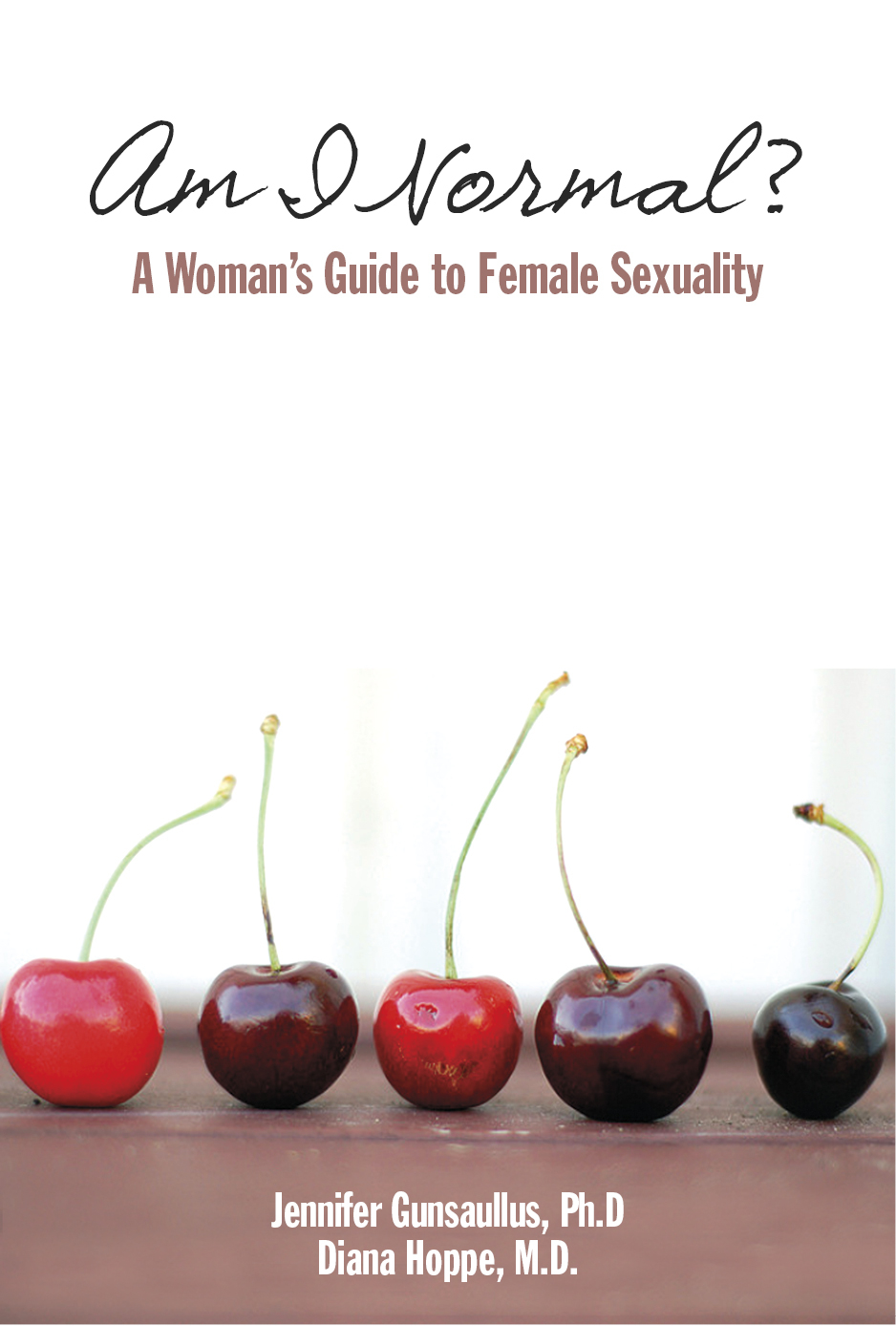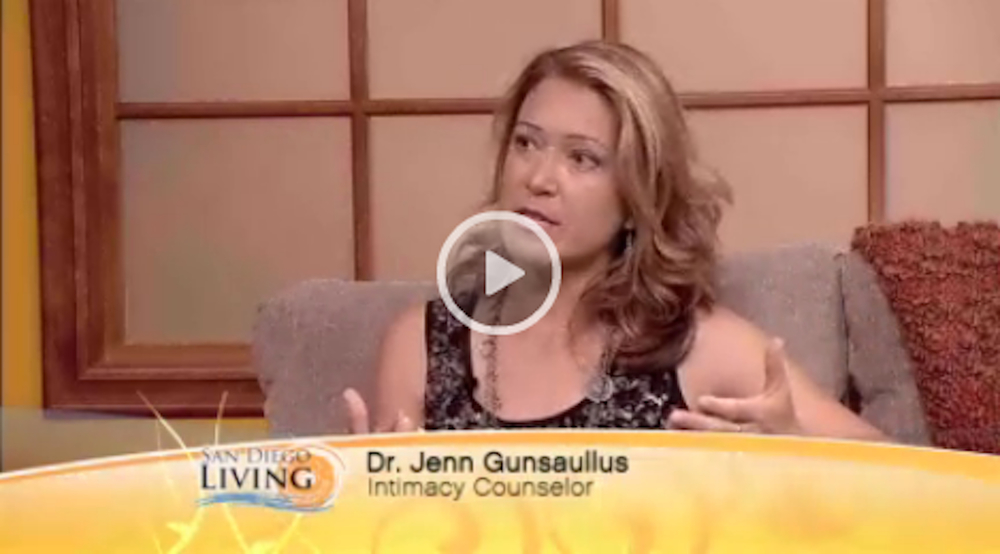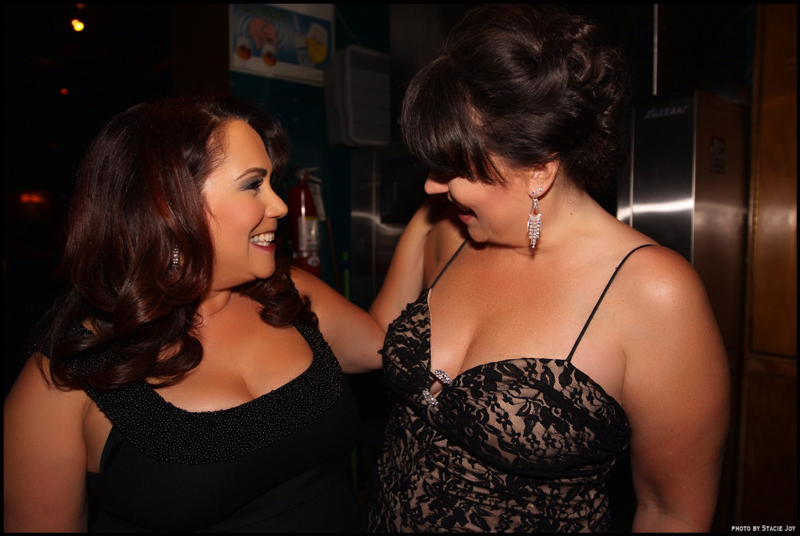50 Shades of Grey as COLLEGE Class?
/"Now class, please turn to page 197 and read out loud about Ana's first blow job."
That would make for a pretty entertaining and red-faced college class! However, Professor Stef Woods' spring class at American University, entitled "Contemporary American Culture: The Fifty Shades Triology," is not about titillation. Some students may be disappointed to find out that the course has a heavy reading load and much analysis and critical thinking about sexuality, gender, sexual health, addiction, and domestic violence in American society, as well as lessons in writing, editing, marketing, advertising, and public relations.

News of her class has been picked up internationally in the media, with comment sections flooded by attacking remarks. I've noticed that people love to get on their high horses about "what we pay for our children to learn," or "what our tax dollars are used for." Don't get your panties and boxer shorts in a bunch, folks. Much of the valuable role of college is guiding teenagers into adulthood and offering skills in business, critical thinking, relationships, and the world. A course like this creates a context for real life learning...learning and navigating the media-saturated and sexuality-saturated world that these students inhabit.
I have personal experience teaching a class like this. Back in 2004 and 2005 I taught a course at Cal State San Marcos about Eve Ensler's play "The Vagina Monologues." We decontructed sexuality, gender, race, and bodies. There was also a strong experiential component, as students wrote their own personal monologues and presented a Vagina Fest with three performances of the play. They learned critical thinking skills, public speaking, personal reflection, and compassion.
I know Stef Woods personally; I interviewed her in 2011 for my In the Den with Dr. Jenn video series and also presented with her at the 2012 Momentum Conference in Washington, DC. Gratetfully a recent interview on MSNBC allowed Stef to speak to the academic content and media skills development that are foundational to her class. Take a look at the MSNBC video below:
~Dr. Jenn Gunsaullus, San Diego, CA -- Sex Coach, Sociologist, Sexuality Speaker, Sexologist












































